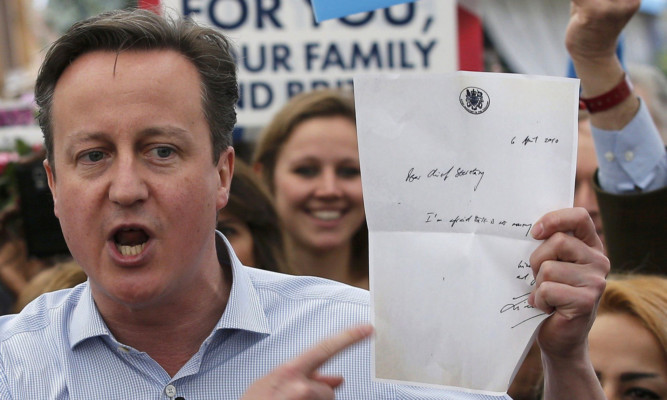Former Labour Treasury minister Liam Byrne has admitted that his infamous “there is no money” letter hampered the party’s election campaign.
The MP said he had been “burnt with the shame of it” every day since 2010 when he left the note for his Liberal Democrat successor David Laws.
Writing in the Observer, Mr Byrne said: “Party members ask me: what on earth were you thinking? But members of the public ask: how could you do something so crass? And so bloody offensive?
“I’ve asked myself that question every day for five years and, believe me, every day I have burnt with the shame of it, nowhere more than when standing on doorsteps with good comrades, listening to voters demanding to know what I thought I was playing at. It was always excruciating.”
In the one-line letter, Mr Byrne told the then-chief secretary to the Treasury: “I’m afraid there is no money”, and signed off wishing him “good luck!”.
The note was brandished by David Cameron as evidence of Labour’s financial irresponsibility during the election campaign.
Mr Byrne, who held his Hodge Hill seat in Birmingham with a massive 23,000 vote majority, acknowledged his actions had allowed the Conservatives to “bash” Labour’s economic record.
He added: “People’s anger – and my party’s anger – at me will never ever match my anger with myself or my remorse at such a crass mistake. I made it easy for our opponents to bash our economic record by bashing me.
“And for millions of people and businesses who have had to make such sacrifices over the last five years, there was nothing funny about the national debt when the national task of cutting it has brought them such pain in their everyday life.”
